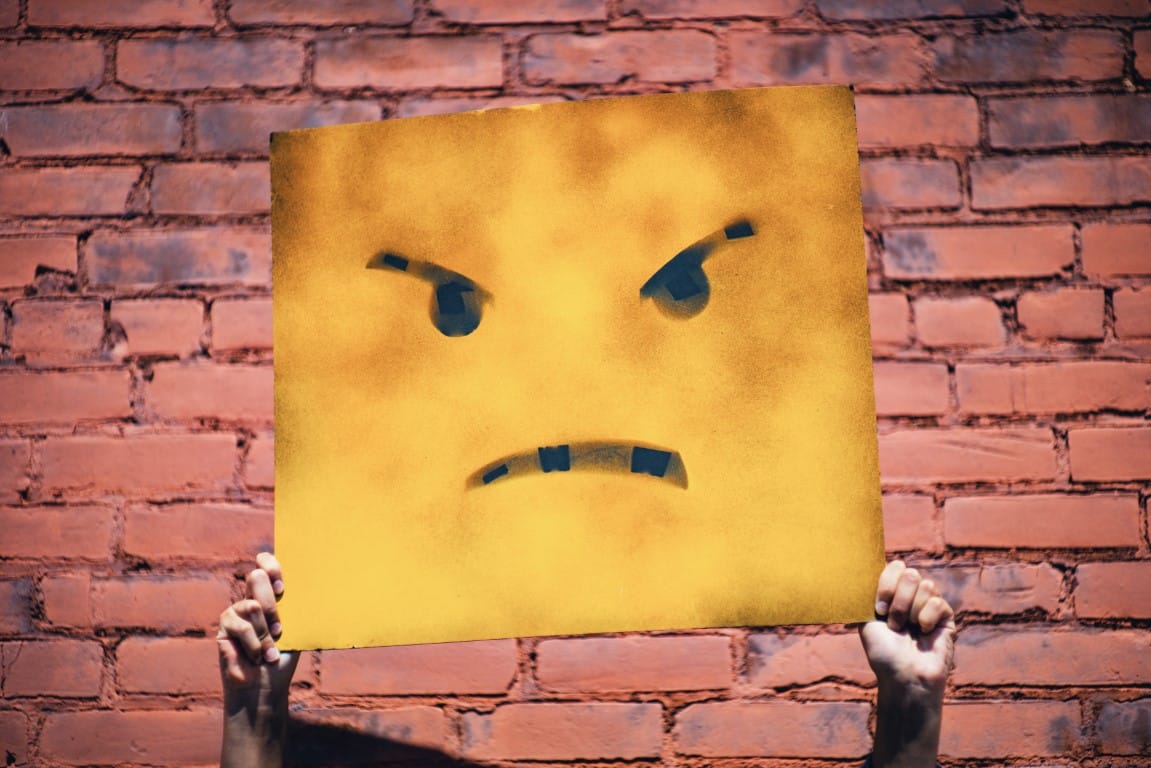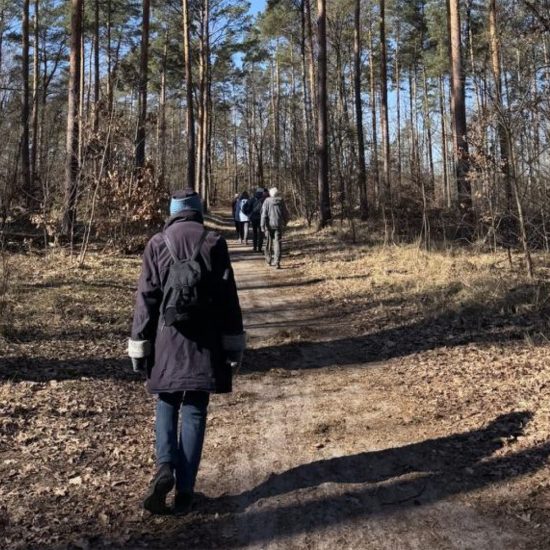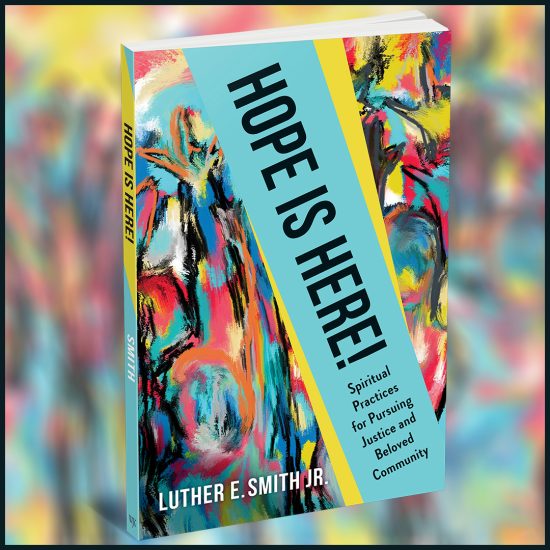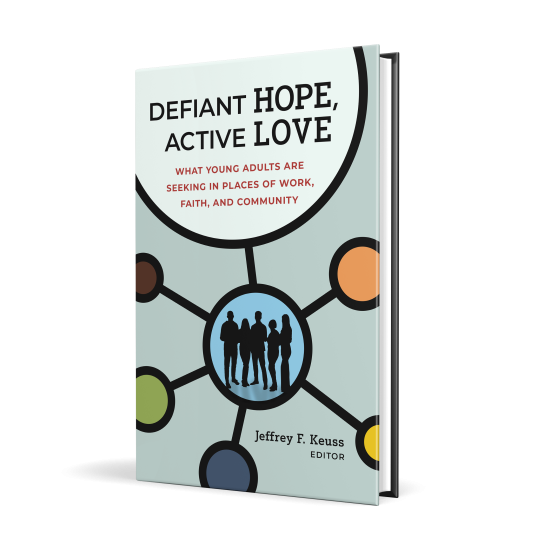
One of my favorite things to read while growing up was Charles Schulz’s “Peanuts” comic strips. One of the strips that I fondly remember chronicled a conversation between Linus and his sister Lucy. After Linus declared that he wanted to become a doctor, Lucy said that he could not be a doctor because he didn’t love humanity. Linus responded, “I love humanity. It’s the people I can’t stand.” The words expressed by Linus in that strip eventually spawned a philosophical term called “Schulz’s Paradox,” which sought to understand whether it is possible to love humankind while not liking people as individuals.

Photo by Andre Hunter on Unsplash
I don’t think this paradox or the questions it raises are new. I think we find elements of this paradox, the challenge of loving other humans, in 1 John 2:7-11.
1 John was written because people within the church John was affiliated with were having a hard time liking, let alone loving, each other. I think one of the reasons John wrote this letter was to help them understand what it meant to live as a community of faith, even when not everyone in that community conducts themselves in a loving manner. This is the paradox of the Christian life: God chooses to love people who are sometimes unlovable and then asks them to share that same love with people who are just like them.
John’s readers had a choice to make related to this paradox. The choice was between living under God’s light, which meant exhibiting God’s love for members of their community, or living under darkness, which meant not caring for others or seeing God’s image in others. The idea John was trying to get them to live into was an old, yet new concept. It was old enough to found in the words of Leviticus 19:18 (love your neighbor as yourself), but it was experiencing a new interpretation through the words of Jesus (love one another as I have loved you).
Jesus didn’t only give lip service to the idea of love. He believed in the idea of unconditional love so much that he was willing to lay his life down. He provided the ultimate example of love for neighbor and community. He is the fulfillment of the paradox of Christian life in community.
John told his readers that loving others as Christ would have them meant that they could not harbor hate in their hearts towards anyone. According to John, holding on to hate meant that a person still lived in moral and spiritual darkness. Since Christ died to make their community possible and to give them hope, it was unacceptable to not live into the love Jesus exemplified for them. A person who failed to live as if Jesus’s light was shining through them was deliberately living in a way that brought dishonor to God and Jesus.
We face the same challenges as John’s readers. How do we navigate the paradoxes that come with being humans who are trying to do life together with other humans? How do we respond when other humans are not as nice as they should be, or as compassionate as they could be?
I think that we sometimes spend too much time identifying the sins of others and forget that we are fallible humans ourselves who also fail to get things right. With that in mind, a better question might be: What do we do when we realize that we are the ones who are not living as positively as we should?






